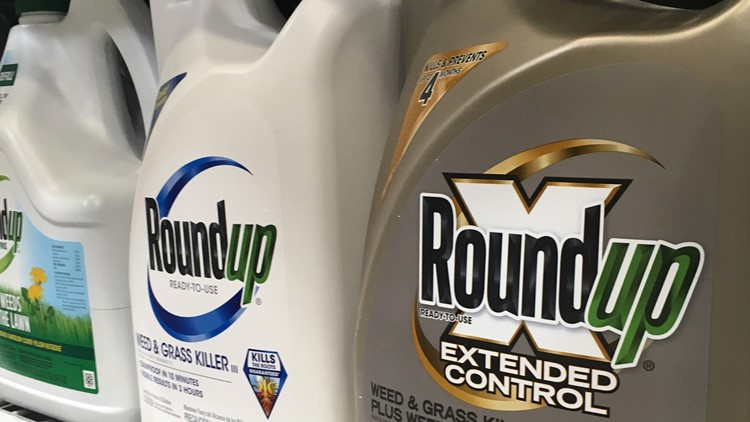DOVER, Del. — A Delaware judge declared a mistrial Friday in the latest lawsuit alleging that exposure to the popular weedkiller Roundup causes cancer.
The ruling came about two hours after jurors sent a note saying they were unable to reach a unanimous verdict after three days of deliberations. Superior Court Judge Vivian Medinilla ordered jurors to continue their discussions, but they nevertheless remained deadlocked.
The lawsuit was filed by the family of Anthony Cloud, a South Carolina man who worked for more than a decade as a landscaper. Cloud was diagnosed in 2018 with non-Hodgkin lymphoma. He died in October 2021, about six weeks after his lawsuit was initially filed. His family was seeking $142 million in punitive damages in a trial that began in Wilmington in early February.
German chemical company Bayer AG has been beset with tens of thousands of lawsuits since acquiring Roundup's manufacturer, St. Louis-based agribusiness giant Monsanto, in 2018. In January, a Philadelphia jury ordered Bayer to pay a staggering $2.3 billion in a lawsuit filed by a man diagnosed with non-Hodgkin lymphoma, a cancer that targets white blood cells, after using Roundup for two decades.
The Philadelphia verdict was the largest yet in years of litigation over the popular weedkiller, following a November verdict by a Missouri jury that ordered Bayer to pay more than $1.5 billion in damages to three plaintiffs. In 2019, a California jury ordered Bayer to pay $2 billion in a Roundup lawsuit, but a judge later reduced the jury award to $87 million.
Bayer set aside more than $10 billion in 2020 to settle about 125,000 Roundup lawsuits, but tens of thousands more remained pending. After nine consecutive wins in lawsuits that went to trial beginning in 2021, the company began to suffer legal setbacks last year, as juries began handing down nine- and 10-figure awards to plaintiffs. A California jury last year ordered Bayer to pay $332 million in a Roundup lawsuit, but a judge this week said the jury award was excessive and reduced it to $28 million.
As in other lawsuits, the plaintiffs in the Delaware case alleged that Monsanto had defectively designed Roundup and failed to properly warn users about its health risks.
In June, Bayer agreed to pay almost $7 million to settle allegations by New York’s attorney general that Monsanto made false and misleading statements about Roundup’s safety.
Meanwhile, a federal appeals court in 2022 ordered the Environmental Protection Agency to re-examine its 2020 finding that glyphosate, the active ingredient in Roundup, did not pose a health risk for people exposed to it.



